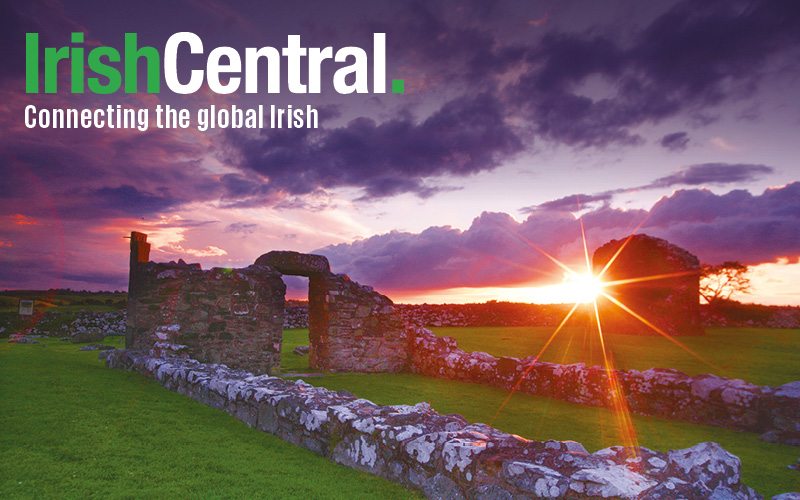If I was a jihadist determined to pick a battle with Western culture -- and I hoped to win it -- I would certainly not pick a battle with Paris.
France, after all, is the enviable culture that gave us Marcel Proust, Albert Camus, Edith Piaf and Paul Cezanne. The French, most people would agree, are simply better at living life.
Even their daily meals are often works of art. If you have any French people in your life you'll already know that when they cook everything, from the recipes to the selection of the wine, is meticulously chosen.
I first started meeting the French on their long languid summer trips to Ireland, where I right away noticed they were something special. The women were immensely stylish and seemed to have a word for every human foible or weakness that made life seem more dramatic and funny than anyone else could. The men were equally well presented and, once you got to know them, uncommonly loyal friends.
But if you really want to unlock the secret of France, have a local take you to the village market. What they know about cheese, bread, wine, olives and every kind of meat is encyclopedic. Just accept that they can cook, bake, fry and stew better than you can or ever will.
And on the way they'll probably philosophize about human existence, I noticed. Because not only do they take the time to savor life. They also make time to consider its mysteries.
What could be more French than ordering a coffee and lighting up some Gauloises outside a Parisian cafe as you contemplate life? The French like to make time for all the big questions, such as why am I here, who am I and what can I do to make the world a better place?
This really does not sound like the best international culture for an ideological death cult to pitch its tent in.
In any case ISIS isn't an alternative civilization. It's just a self-declared and unrecognized state, or a network of terrorist groups linked by a common ideology.
You couldn't call it a civilization. Ideological cult is really much closer to the mark.
It's possible for fanatics to hijack any major world religion and weaponize it. History is full of examples of just that.
But ultimately, despite what our conservative politicians constantly warn us, ISIS isn't interested in attacking our way of life. They simply want to subjugate the Middle East and seize all the power there for themselves.
It's not a clash of civilizations or anything nearly so ambitious. They're just later day totalitarians out to rule their part of the world with an iron fist.
Paris wasn't attacked because it sends girls to school and allows them to vote and drive. ISIS clearly hates all that, but that wasn't the main motivation for their horrific assault last weekend.
In September, France expanded its air strikes against ISIS from Iraq to Syria. And last week it announced it was sending an aircraft carrier to launch raids from the Persian Gulf. In its statement claiming responsibility for the Paris attacks ISIS cited France’s participation in the “Crusader campaign” in Syria as its justification.
So ISIS’s first objectives are military, not spiritual. Certainly there can be no doubt of their Apocalyptic character (they believe they are preparing the path to the final earthly battle, which of course they will win) but clearly it is not their guiding principle.
Being so busy policing each other's sins that they have less time for the sins of the wider world, they live in a place apart, a place where every form of extremism flourishes, which makes for a hardening of mind that we have never really addressed in the west. By destabilizing their region, decade after decade, both they and we have prolonged their long nightmare, and it continues to metastasize before our eyes.
It turns out that charting a path toward the destruction of the world is a much more galvanizing principle than trying to live in peace with your neighbors, for many people. Destroying things asks less of us than creating them.
Even the blunt fact that their struggle is almost certain to end in defeat or death is, in their mindsets, part of its appeal now. So it might be helpful to ask why so many people in the Middle East would prefer a martyr’s death to a ordinary life?
We keep responding to the horrific effects and overlooking the cause.




Comments